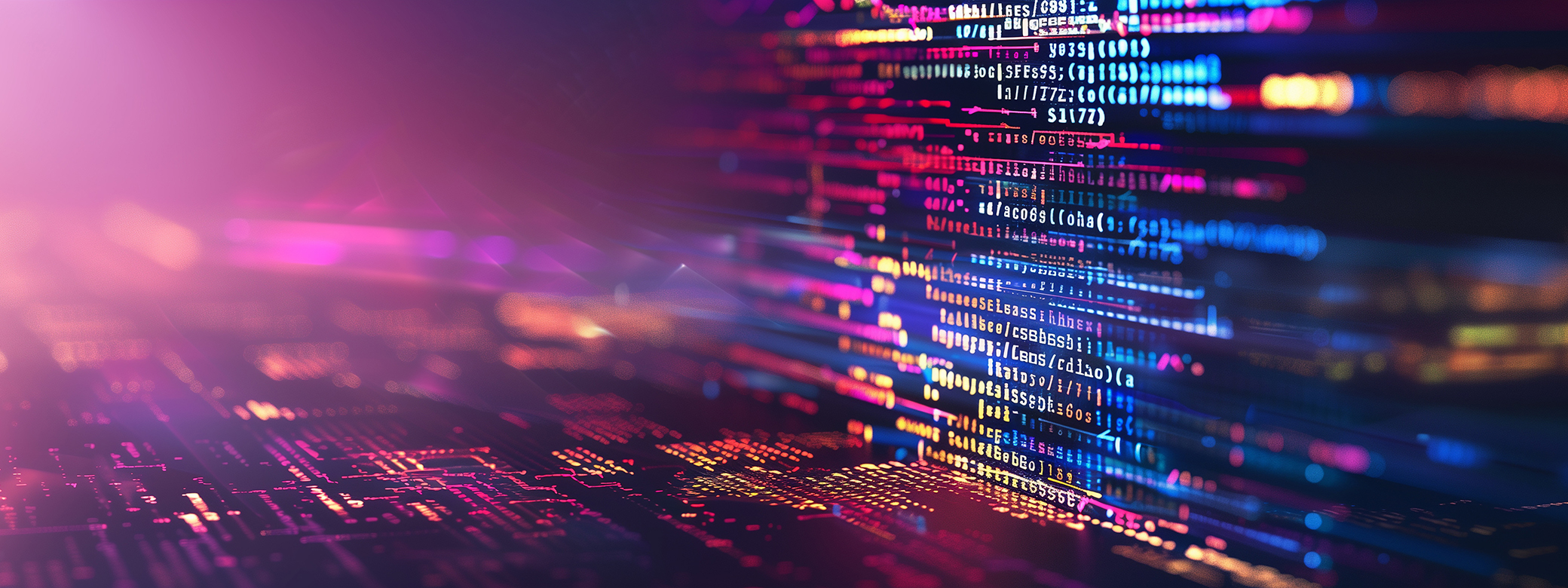Beyond the broad college involvement in AI research, we are experimenting with new ways to prepare students for a future in which AI is ubiquitous. In gesture, our self-contained early career startup within the college, we train interns explicitly to be AI generalists. Because AI is evolving more rapidly than traditional learning can match, the mindset of continual adaptation and learning will matter more than technical skill for liberal arts graduates. Transforming mindset is the central practice of gesture, so it is ideally positioned to train interns in this work.
In many ways the structure and culture of higher education make it the most difficult place to imagine new ways of doing things. As a startup that is intentionally within yet apart from the rest of the college, gesture also offers a unique laboratory to explore what it might look like to build an organization from the ground up around the continuous learning and adaptation that AI will require. AI will be integrated systematically into all the work we do in gesture, from the basic operations to experiments like “AI interns” who will help individual faculty “clients” apply AI tools in their work and to discover new use cases.
Given the size of our college with its 39 departments, roughly 1500 faculty members, hundreds of staff and 22,000 undergraduate majors, it is fair to say that a range of views about AI reside simultaneously within the walls of our 40 campus buildings. These vary across a spectrum that includes techno-optimism on one end, and thoughtful and warranted caution on the other with a wide range of perspectives that fall in between. There is room for all of this in great universities like ours and especially so in capacious colleges like Arts & Sciences. We need the skeptics and the critics as much as we need the enthusiasts and the defenders right now. Indeed, the healthy advancement of these tools requires both, engaged in vigorous debate and in collaborative connection as we move into a future that will be enhanced by the development of the guidelines and guardrails that protect us, and by spaces like those that exist in the college that permit the dreams and discoveries that will move us towards solutions to the complex challenges of our time.
We have a great deal to learn about this still emerging and rapidly evolving set of technologies; Our mechanisms for action at universities are not always set for the rapid pace of change that we are currently witnessing as AI tools evolve. Yet faculty and students in our college are meeting the moment using the mindset we have long embraced in Arts & Sciences, one driven by curiosity, creativity and relentless truth-seeking in service of our always-centered mission to educate and innovate in the interests of the common good.
To return where we started: Faculty, staff and students in the College of Arts & Sciences are among those leading the way in the development and use of AI tools in teaching, research, creative production, and in discovery. If you want to know where exciting developments in AI are happening at the University of Washington—where leading edge research is happening in large language modeling, in the mathematics of AI tool development, in laboratory use advances, in pedagogical innovation, and in studies of the ethical, planetary, social, political and artistic dimensions, look no further. You’ll find it happening here, in the home of the liberal arts.
Dianne Harris, Dean
Kevin Mihata, Associate Dean for Undergraduate Education
Xiaosong Li, Associate Dean for Research
Brian Reed, Divisional Dean for Humanities
Dan Pollack, Divisional Dean for Natural Sciences
Gabriel Solis, Divisional Dean for Arts
Andrea Woody, Divisional Dean for Social Sciences
